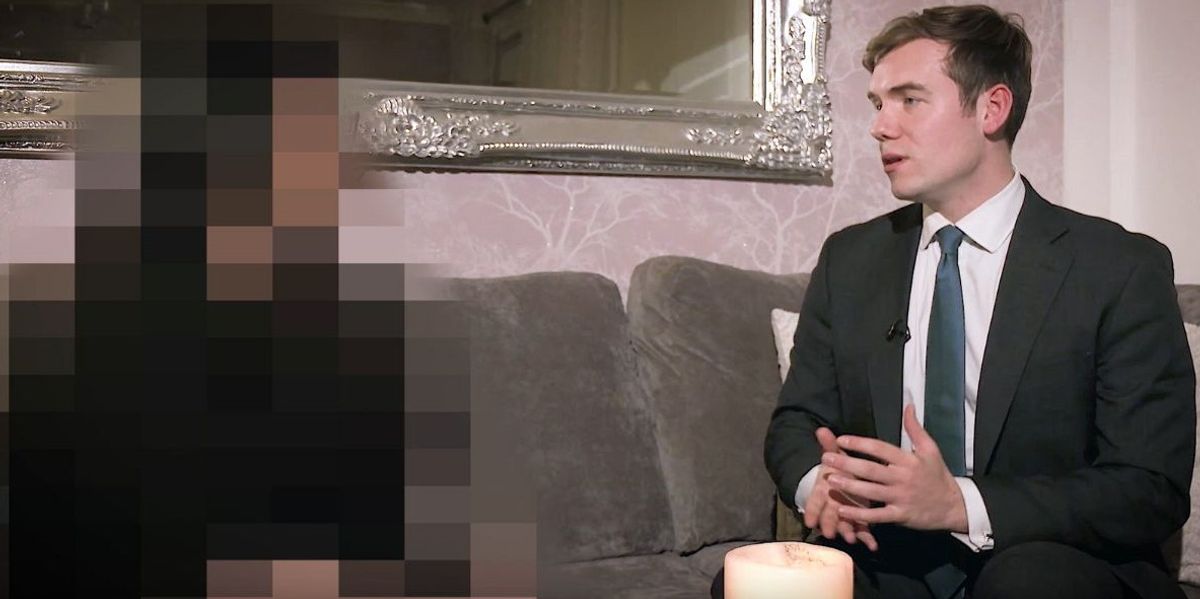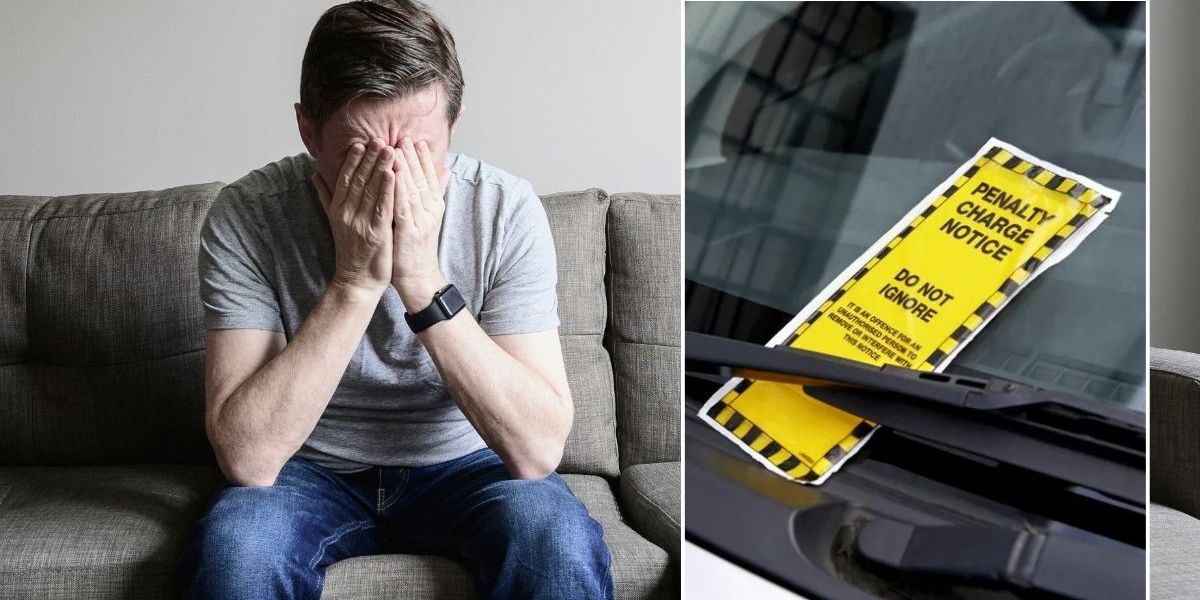Thousands of pounds of taxpayers’ money has been spent on hiring taxis to take drug addicts to an NHS clinic to be injected with ‘free’ heroin.
Addicts with ‘chaotic’ lifestyles are picked up and ferried to the controversial clinic, where they are given the Class A drug.
The Mail can reveal the cost of the heroin-assisted treatment (HAT) facility has soared to nearly £6million – or £102,170 per patient.
The latest figures come after it emerged the UK’s first clinic where addicts can legally take their own heroin and cocaine is to open in Glasgow next week.
They also come amid a row over Scotland’s drug death rate, the highest in Europe, despite the SNP’s ‘national mission’ to tackle the problem.
Last night campaigner Annemarie Ward, of human rights advocacy service FAVOR UK, said: ‘Some £5.6million has been allocated to the HAT service in Glasgow including cash spent on taxi transport – while only just over £1million is allocated for actual rehabilitation beds across the city.
‘This stark disparity highlights the underfunding of services designed to help individuals achieve long-term recovery.’
The Mail has been told that some patients have been picked up from pubs or other locations rather than their own homes to be taken to the heroin clinic in Glasgow.
The service in Glasgow treats patients with pharmaceutical grade heroin
The centre is ‘aimed at people with the most chaotic lifestyles and severe addictions who have not responded to existing treatments’.
Pharmaceutical-grade heroin is given to addicts at the Enhanced Drug Treatment Service (EDTS) under medical supervision in a bid to stop them using street heroin, which may contain deadly impurities.
Taxis are used for ‘transporting service-users to treatment appointments’ and this is ‘planned and agreed on an individual basis for a temporary period in order to support people to engage with services’, forming part of a ‘wider care plan’.
The cost of the clinic has soared from around £4million in 2023 to £5.6million, with about 28 per cent of this sum spent on initial set-up costs such as building works and procurement of equipment.
By January 2023, there had been 26 overdoses among current or former patients of the ‘free’ heroin clinic in Glasgow – with fewer than five happening on-site.
NHS bosses do not hold new data for ‘potential overdose presentations’ after January 2023 – as this is ‘not routinely collected’.
Eighteen people have been moved to other services from the EDTS since June 2023.
Health chiefs said 55 had been received treatment in the EDTS, with an age range of 29-60.
The EDTS employs 17 people covering administrative, nursing, psychology, pharmacy and medical staffing, and there are usually 6-8 staff on during injecting sessions.
The £2.3million heroin ‘shooting gallery’ set to open in Glasgow next week is a separate project – addicts will be able to inject their own drugs, bought on the street, under medical supervision, in contrast to the EDTS where they are injected with pharmaceutical-grade heroin obtained by the NHS.

Booths within the centre where users inject the prescribed heroin
Commenting on the EDTS project, Scottish Tory drugs spokesman Annie Wells said: ‘While this scheme may be supporting some of those struggling with addiction, hard-pressed taxpayers will be shocked by these spiralling costs related to it.’
The taxis are paid for ‘from within service budgets’ and have cost £85,573 since the clinic’s launch in 2019 – with a bill of £5,546 in 2023.
Asked how many EDTS patients are deemed to be ‘clean’ as a result of their treatment, the NHS said it did not recognise terms such as ‘clean’ – as it only uses ‘non-stigmatising, people-first language’.
But it said ‘service urine test results continue to show that the vast majority of patients had no markers for street heroin in their sample’.
Dr Neil McKeganey, director of the Centre for Substance Use Research, said the figures would ‘rightly shock anyone interested’ in how taxpayers’ money is being spent to respond to the long-standing heroin problem in Glasgow.
An NHS Greater Glasgow and Clyde spokesman said: ‘Evidence shows the EDTS has led to a marked reduction in overdose and emergency presentations of people engaged and very significant reductions in costs to acute health care settings.
‘Taxis are not routinely used to collect patients – they are only used for those who require transport for short periods of time.
‘Other times, taxis are organised in specific circumstances – but it’s not the default.’
Official figures in August 2024 showed drugs claimed the lives of 1,172 Scots in 2023 – an average of more than three a day and up 121 from the previous year.
Commenting on the EDTS, a Scottish Government spokesman said it was ‘focused on supporting those affected by problem substance use, delivering real change on the ground, and implementing evidence-based approaches we know can help save lives’.
He said: ‘We want to get more people into the form of treatment which works best for them and there is a strong body of evidence, from the UK and internationally, to support the effectiveness of HAT – showing it can reduce the use of street drugs and increase the likelihood of individuals remaining in treatment.’











